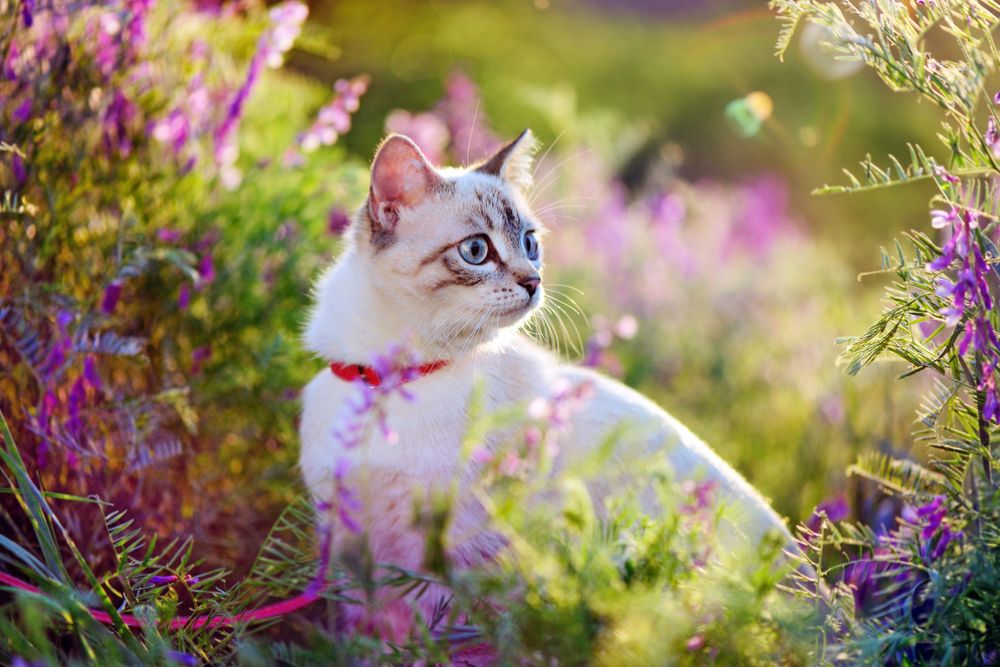As winter begins to thaw and the beauty of spring is on the horizon, it’s time to consider your garden and how the plants in your garden can affect your pets. Creating a pet-safe garden means building a space where you and your furry friends can safely enjoy the beautiful blooms. And it’s easier to create than you might think. Keep reading for some tips on creating a pet-safe garden in your home:
Pet-Safe Garden: Choose Non-Toxic Plants
Unfortunately, many species of plants are toxic to dogs and cats. Without using caution when planting, a simple excursion outside could lead to significant health issues for your furry friends. Some common plants can even be fatal. Do some research before you start planting to ensure you are planting non-toxic flora and fauna.
Popular Non-Toxic Plants for Pets
There are plenty of beautiful options for your garden that will not hurt your dogs and cats. Some of the most popular include:
- Camellia
- Snapdragons
- Petunias
- Sunflowers
- Spider plants
- African violets
- Marigolds
- Magnolias
- Fuchsia
Do a quick Google search before you purchase any plants just to be sure they are completely safe for your animals.
Toxic Plants to Avoid
Steer clear of the following toxic varieties for your garden:
- Azaleas
- Rhododendrons
- Daffodil bulbs
- Tulip bulbs
- Lilies
- Foxglove
Click to find a complete list of toxic plants for pets. You should also try to minimize the use of plants with thorns and thoroughly monitor your pet’s paws around any that have them.
Pet-Safe Garden: Avoid Using Mulch
While mulch can be very helpful for your plants, some mulch (like cocoa bean mulch) can contain dyes or toxins that can be dangerous for dogs. Play it safe and use items like cedar, cypress, or pine wood chips to create the ideal growing ground for your pets that will not hurt them. If your dog is a wood eater, avoid mulch as it can cause GI upset and/or obstruction.
Pet-Safe Garden: Properly Store Fertilizers
While it is hard to avoid using fertilizers if you want your garden to flourish, be sure to use caution around your pets. Do not let your animals outside for the properly allotted time after you use them. Label and store fertilizers safely away from your animals in a closet or shed that they cannot access. If you want to avoid using the chemicals altogether, you can opt for worm castings or fish fertilizer.
Consider Your Pets with Your Garden Design
Your garden design should make it easy for your pets to move freely. Try to create some areas that are densely populated with plants and others with plenty of space to roam freely. Be sure there are safe pathways through which your animals can pass. Try to keep grass short, remove leaf litter, and watch for standing water to minimize the presence of ticks and mosquitoes.
When it comes to keeping your pets safe and healthy, Union Lake Veterinary Hospital is here for you. With compassionate veterinary care and a commitment to each and every client, we make it easy to care for your Michigan pets. To learn more about our services or to schedule an appointment, please call (248) 363-1508.

